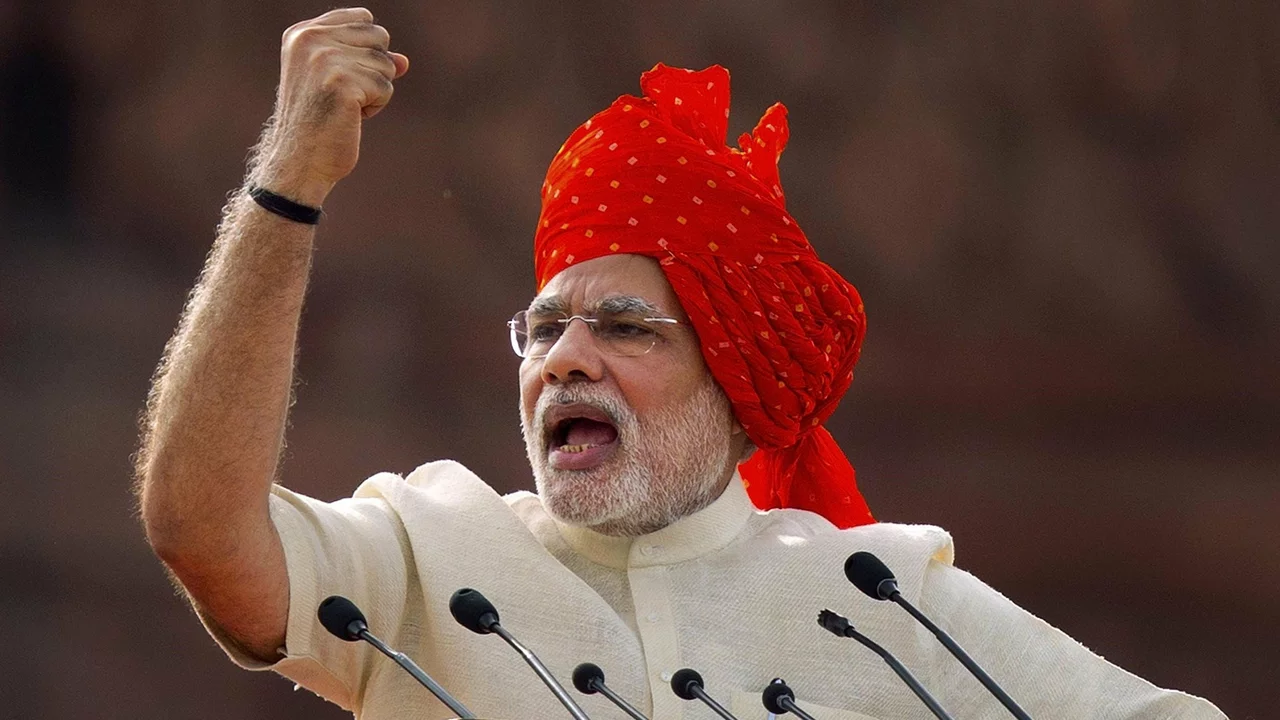Indian politics: clear news, smart ways to follow
Indian politics moves fast and it can feel confusing. You want facts, not noise. This page gathers straight information and quick tips to stay informed without wasting time. Read short explainers, watch trusted channels, and check multiple sources before forming an opinion.
Start with basics. Track who holds power at the center and in your state. Watch party positions on big bills, budget moves, and court decisions. Notice how local issues shape national headlines. Knowing the who, what and why helps you understand daily reports.
Pick reliable sources
Not every outlet gives the same picture. Some aim for speed, others for depth. Mix a national newspaper, a fact‑checking site, and a public broadcaster. For Hindi readers, check channels known for consistent reporting. For video, compare TV clips with full reports so you see context, not just soundbites.
Use the posts here as starting points. We compare popular channels and name sources that try to stay neutral. Use them to learn how coverage differs and to spot bias. If a headline feels extreme, open the full article and look for quotes, data, and dates.
Read actively, not passively
Ask simple questions when you read: Who said this? What evidence is given? What might be missing? Cross check numbers and quotes. When politicians make claims, look for reports or official documents that confirm them. If several independent outlets report the same facts, the story is more likely solid.
Use social media carefully. It surfaces news fast but also spreads rumors. Before sharing, check at least one reliable news site or a government source. For breaking events, wait for confirmation instead of forwarding unverified posts.
Follow these habits weekly. Scan headlines in the morning, read one in‑depth piece, and save complex topics for evening reading. That keeps you informed without feeling overwhelmed.
If you want deeper context, read explainers on policy changes, election rules, and how courts work. Understanding the process makes news clearer. We publish guides that break these topics into easy parts so you can follow debates and votes with confidence.
Want to follow elections closely? Track constituency profiles, candidate histories, and past results. Use official election commission updates for vote counts and rulings. Listen to local reporters for ground mood and to national analysts for overall trends. If you want numbers, download datasets or official reports and check party manifestos yourself. For fast alerts, set notifications from a trusted news app rather than random channels. For deeper debates, watch panel discussions but treat them as commentary, not facts. Aim to form views after you see primary documents or multiple independent reports.
Want tips? Bookmark this tag, subscribe to a newsletter, and check updates every weekday morning. Stay curious always.
Finally, debate ideas, not people. Discuss policies and facts, not insults. Political conversations are more useful when they focus on evidence and real impacts. Use this tag page to find relevant posts, compare coverage, and build your own clear view of Indian politics.
